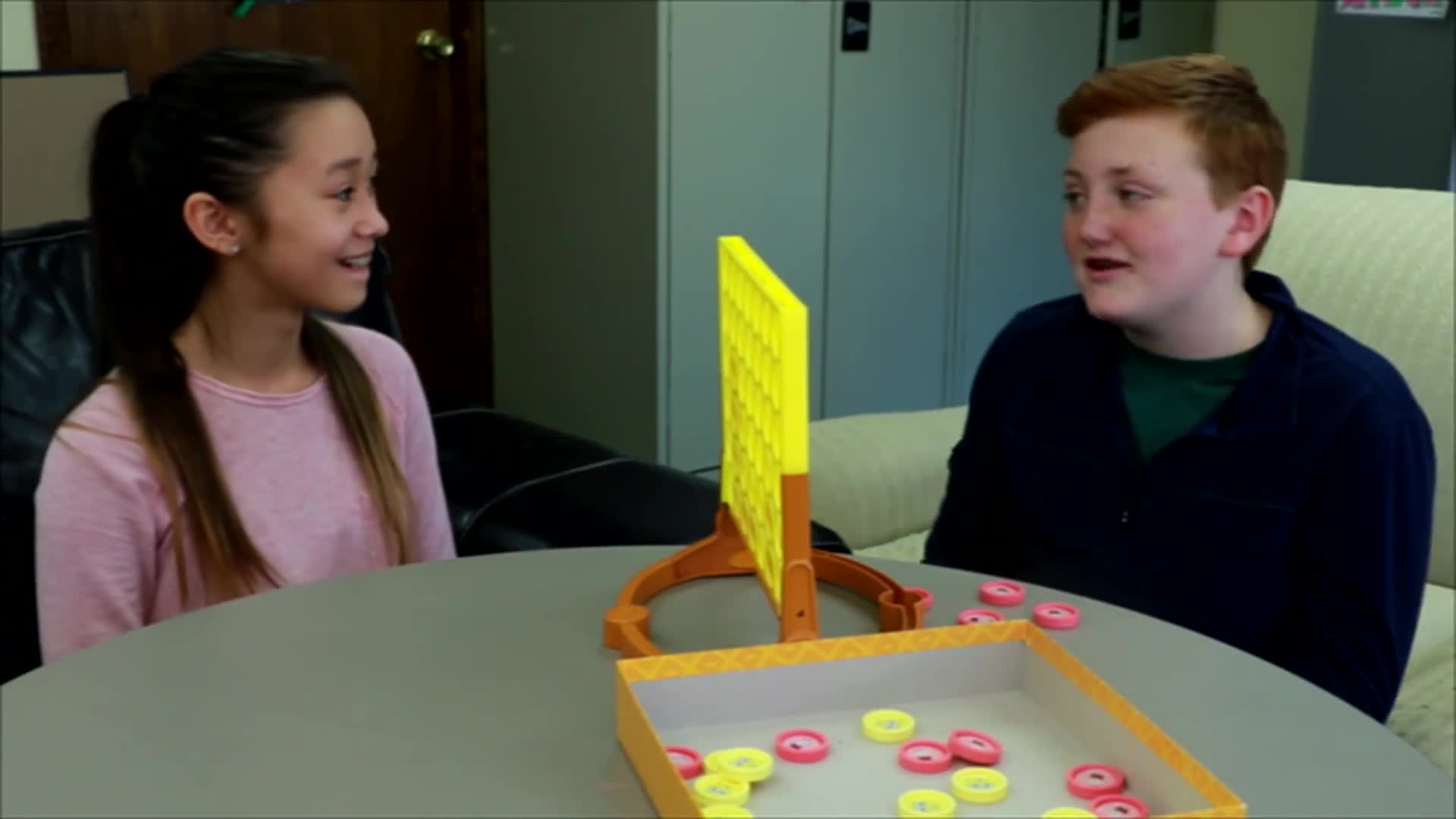
Introduction
Good sportsmanship is a valuable skill that plays a crucial role in developing positive social interactions among young children. It involves learning how to handle winning and losing with grace, as well as treating others with respect and kindness during any competitive activity. In this blog post, we will discuss an engaging no-prep activity for teaching good sportsmanship to PreK students, provide discussion questions to stimulate further conversation, and suggest related skills for students to practice.
No-Prep Activity
This activity is called “Good Sport Role-Play” and requires no preparation or materials from the educator. It encourages students to practice being a good sport in various situations while playing games with their peers.
- Divide the class into small groups of 3-4 students.
- Explain that they will be role-playing different game scenarios where they have to demonstrate good sportsmanship.
- Provide each group with a few scenarios, such as winning a race, losing a board game, or tying in a friendly competition.
- Allow the students to take turns playing different roles: the winner, the loser, and the observer.
- The winner and loser should practice being good sports by congratulating each other, saying “Good game,” and offering to play again.
- The observer should watch and provide feedback on how well the winner and loser demonstrated good sportsmanship.
- Rotate roles within the group so that each student has the opportunity to practice being a good sport in different situations.
By participating in this role-playing activity, students can build their understanding and application of good sportsmanship in a safe and supportive environment.
Discussion Questions
After completing the “Good Sport Role-Play” activity, use these discussion questions to help students reflect on their experience and deepen their understanding of good sportsmanship:
- How did it feel when you were the winner or the loser in the role-play? Did you find it easy or challenging to be a good sport?
- Why is it important to be a good sport when playing games with others? How does it affect the way we interact with our friends?
- Can you think of a time when someone was not a good sport during a game or activity? How did it make you feel?
- What are some ways we can practice being a good sport outside of games and competitions?
- How can we help our friends and classmates be good sports too?
Related Skills
Teaching good sportsmanship to PreK students also opens the door to exploring other related social-emotional skills. Here are some areas to consider for further development:
- Empathy: Understanding and sharing the feelings of others, especially when they win or lose.
- Resilience: Learning to bounce back from setbacks and disappointments, such as losing a game or not performing well in a competition.
- Cooperation: Working together with others to achieve a common goal, even in competitive situations.
- Conflict Resolution: Addressing disagreements and conflicts in a respectful and constructive manner.
- Communication: Expressing thoughts and feelings effectively, especially when discussing winning, losing, or other competitive experiences.
Next Steps
Now that you have a better understanding of how to teach good sportsmanship to PreK students, you may be interested in exploring more social-emotional learning skills and activities. We invite you to sign up for free samples of our resources, including lesson plans, activities, and videos that cover a wide range of essential skills for young learners. By incorporating these engaging materials into your teaching, you can help your students develop the social-emotional skills they need for lifelong success.

